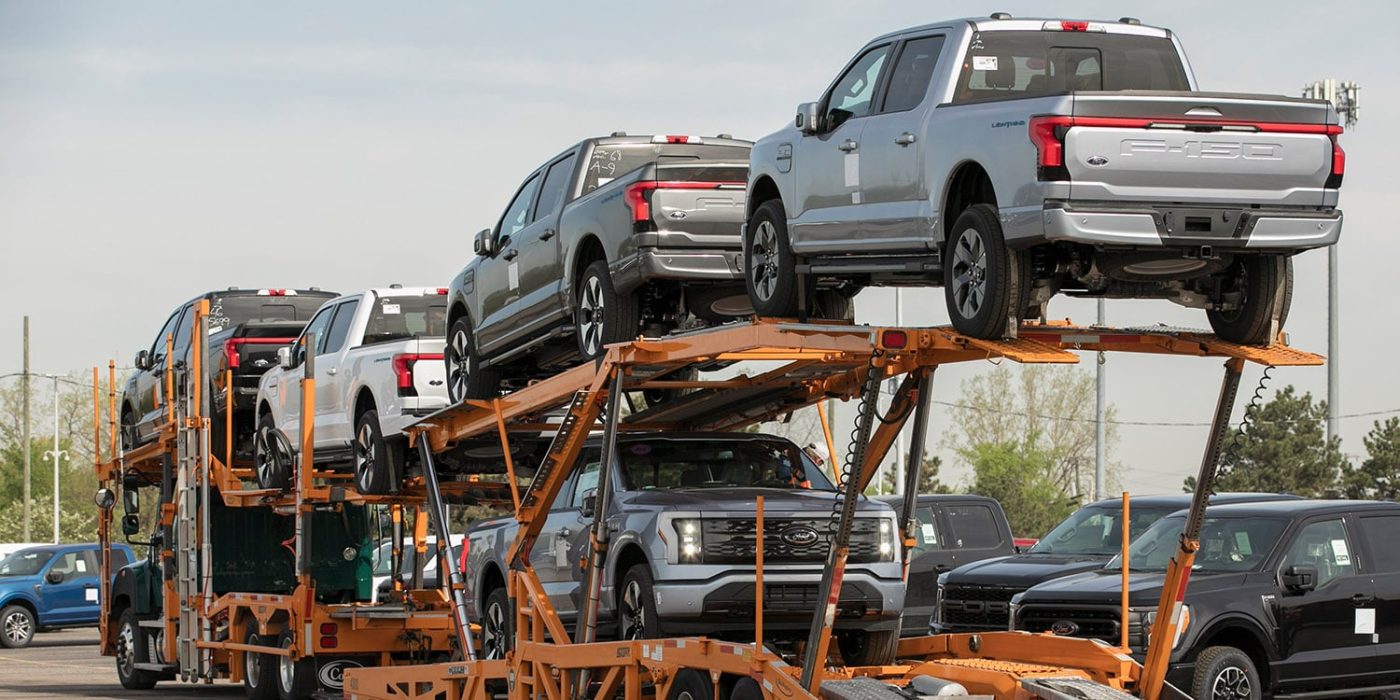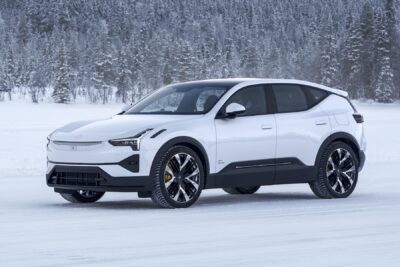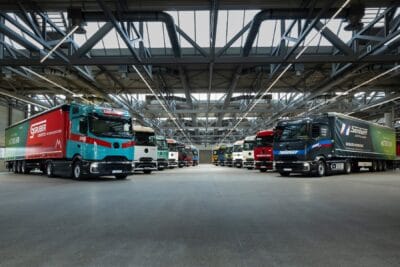Due to rising costs, Ford scales back investment targets
Ford reported high losses of its electric car division Model e. These added up to 1.3 billion US dollars within the third quarter of 2023 and were thus once again about 200 million dollars higher than in the second quarter, while sales remained the same at 1.8 billion dollars.
Ford’s electric vehicle sales climbed by about 2,000 units to 36,000 from July to September compared with the second quarter. But the loss per electric vehicle also increased, from $32,350 in Q2 to about $36,000 in Q3. Compared to the same month last year, Ford recorded a 44 per cent increase in sales in its electric car division.
Ford announced that it will postpone part of its planned billion-dollar investments in new production capacities for electric vehicles and batteries, justifying this with “enormous downward pressure” on prices.
“Many North America customers interested in buying EVs are unwilling to pay premiums for them over gas or hybrid vehicles, sharply compressing EV prices and profitability,” the manufacturer wrote in a statement.
The planned investments of about 12 billion dollars for production capacities for electric vehicles, including a planned second battery factory on a new campus in Kentucky, are thus to be postponed or will only take place gradually. However, the construction of Blue Oval City – Ford’s new EV production campus in Tennessee – will continue as originally planned, they say.
Only recently, Ford had scaled back production of its F-150 Lightning electric pickup. Among other reasons, the American company cited problems with the supply chain.
The manufacturer also withdrew its electric car sales forecast for the current year – due to “uncertainty” over the pending ratification of the agreement with the United Auto Workers union, as Reuters reported. The union had pushed through a deal that included a 25 per cent wage increase for 57,000 workers over a four-and-a-half-year period. This ends the strike at some of the automaker’s largest factories, but Ford expects the new contract to increase labour costs by $850 to $900 per vehicle.
Recently, General Motors had also scaled back its electric ambitions. In this case, too, the costs incurred by the strike play a decisive role.
ford.com, ford.com (PDF, S. 20), reuters.com, cnbc.com





2 Comments